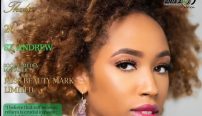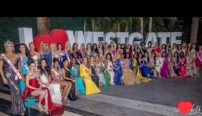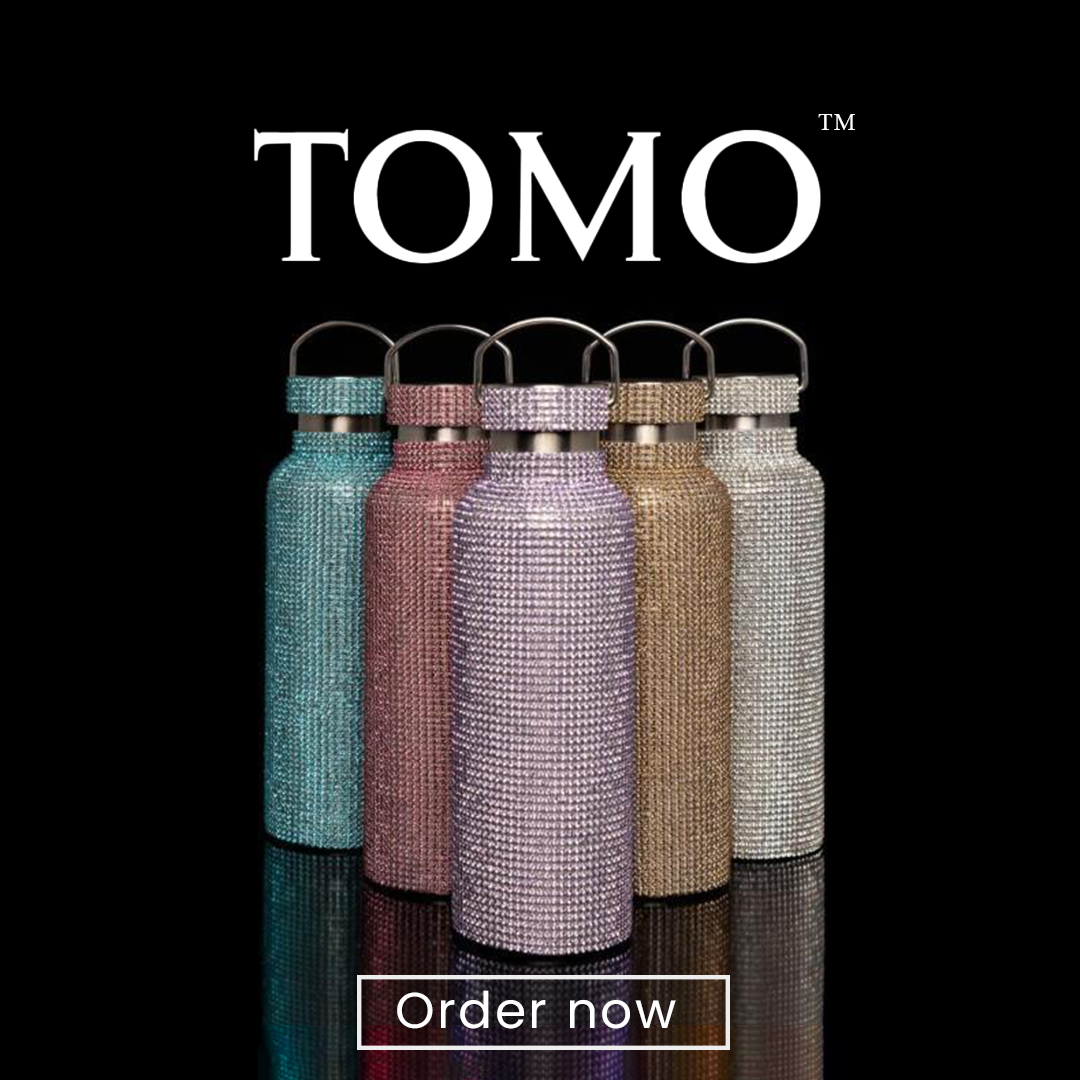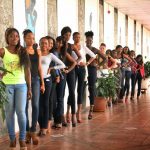Ugandan Beauty Queen Living with HIV. Beauty queens are showing everyday that its way more than just a crown, or sash or being beautiful. Time and time again, beauty queens show the world its about what you stand for, what you identify with, what you connect to and how graceful you are at carrying not just your head but your self. Meet Ugandan activist Sharifah Nalugo who knows what it’s like to live a lie. But revealing her HIV status to her friends has helped her cope with the disease, and earned her the crown in a beauty pageant for young HIV-positive role models.
KAMPALA, Uganda – Born HIV-positive, Sharifah Nalugo was just a child when her grandfather kicked her and her mother out of the family home after he discovered they both had the disease. Now 21, the artist and activist has spent most of her life campaigning for the rights of people with HIV.
As a peer educator for the People in Need Agency, Nalugo uses music, drama and dance to teach other young people about HIV prevention and help them cope with the stigma that comes with being HIV-positive. In 2014, her work as a role model was recognized by the Uganda Network of Young People Living with HIV, which crowned her the winner of its annual beauty pageant. “People look up at you and say you are HIV-positive, but you are still the queen,” she says.
Nalugo spoke with Women & Girls Hub about how she told her friends she was HIV-positive and her hopes for a stigma-free future.
Women & Girls Hub: You initially kept your HIV status private when you were at school. So how did your classmates find out?
Sharifah Nalugo: I used to take my medicine at school, but those packets make a lot of noise, so people in the corridor were, like, “What is that? Is it something to eat? Why won’t you share it?” So when they found out it was medicine, I told them what it was for. I thought about lying at first, but I thought I might get found out and it would be another case of me lying, so I told them the truth. They didn’t believe me at first, they thought I must be joking. [Then] they started asking how I got it, how I felt having HIV. They had questions like, “Will you have a boyfriend? When you get him, won’t you infect him?” Because I had a lot of information, I could answer them.
Women & Girls Hub: Now that you’re out of school, why have you decided to be so open about your status?
Nalugo: If you are HIV-positive, you just have to accept yourself for who you are. So I accepted myself. I realized, this is not going to change because I’m growing up. I was tired of lying. I saw how my friends took it, I saw how other colleagues – who weren’t my friends – accepted me, so I thought it wasn’t a big deal.
Women & Girls Hub: What do you tell people who have the same status as you?
Nalugo: I tell them to accept themselves and be happy about who they are. You might be HIV-positive, but you have other things that are better than other people. I tell them they are beautiful, they are smart, I encourage them to think of the other side of things. Like, I can live my life even though I’m HIV-positive. I don’t even look like I’m HIV-positive, I look like a normal person.
Women & Girls Hub: What happened when you were crowned Miss Young Person Living with HIV?
Nalugo: I went to the U.K. We went to talk to MPs. We told them that young people like us exist, and people in worse conditions than us need their funding. Then we went to Brighton to speak to organizations that work with young people with HIV. But it felt like they were hiding. It was hard to find [their offices], you couldn’t see any signs. I asked them why they didn’t have a sign showing that this is where they did their work. They told me it is because there is too much stigma in the U.K.
Women & Girls Hub: What do you do when you are working for People in Need Agency?
Nalugo: I mainly work in the music department. We sing songs that tell young people to come out and say, “This is who I am, I’m not afraid of being HIV-positive, I’m not afraid of people knowing who I am.”
Women & Girls Hub: How difficult is it for young HIV-positive people who are living in rural areas?
Nalugo: It is so difficult because they don’t have the services that we have in town. For example, people in the villages find it hard to access ARVs [antiretroviral drugs] or reproductive health services. Here in Kampala, I can access everything. At the centers where they pick up their medicine, they have to wait a long time, and they only get medicine for a short while. They have to go back every few weeks, and sometimes the government has not provided enough for them. So when you talk to them, they tell us the problems they are facing. We can’t provide the services, but we can help them emotionally.
Women & Girls Hub: What are your hopes for the future?
Nalugo: I want to carry on advocating for young people and to get a stigma-free country where people say they are HIV-positive, and there is no reaction.
Source: lifted from newsdeeply.com/womenandgirlshub









